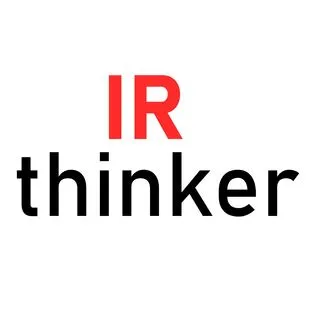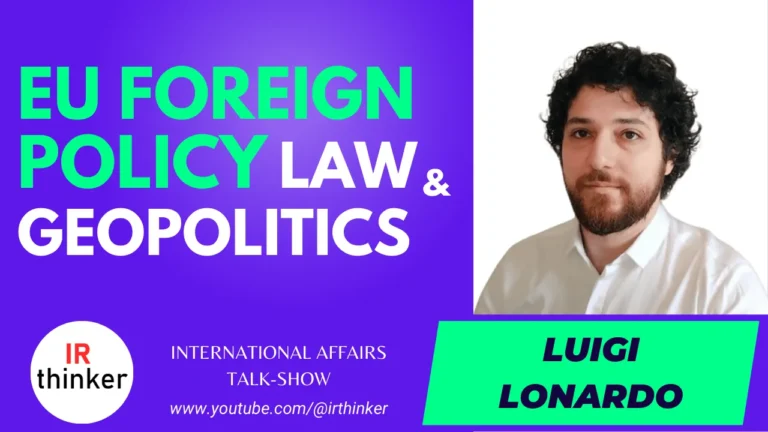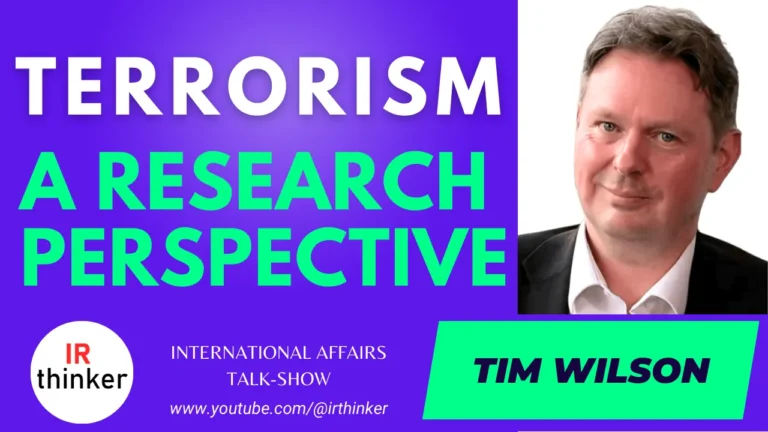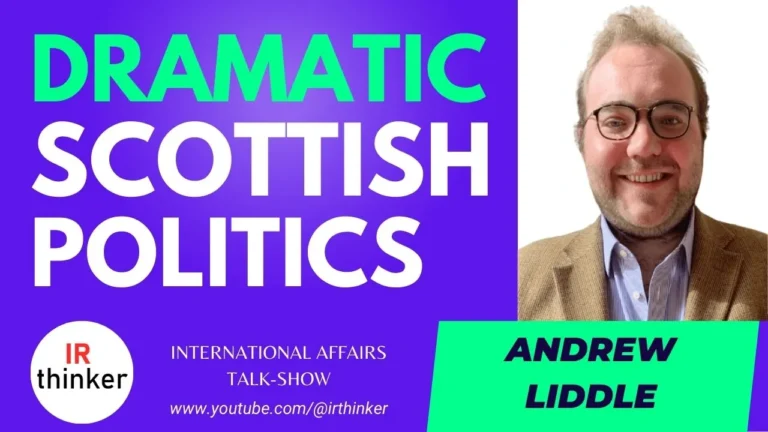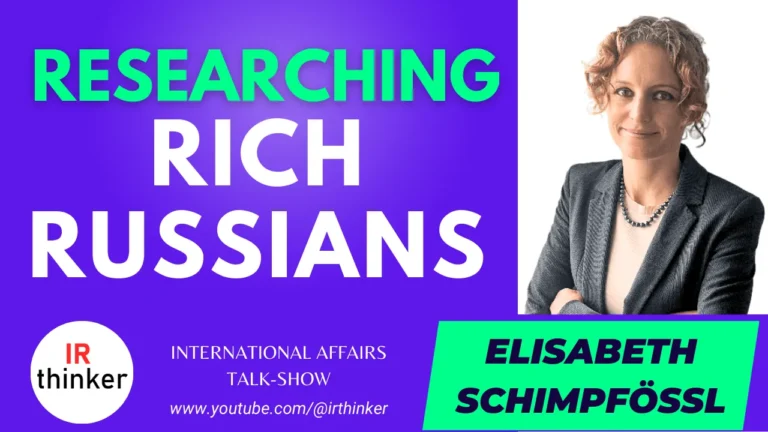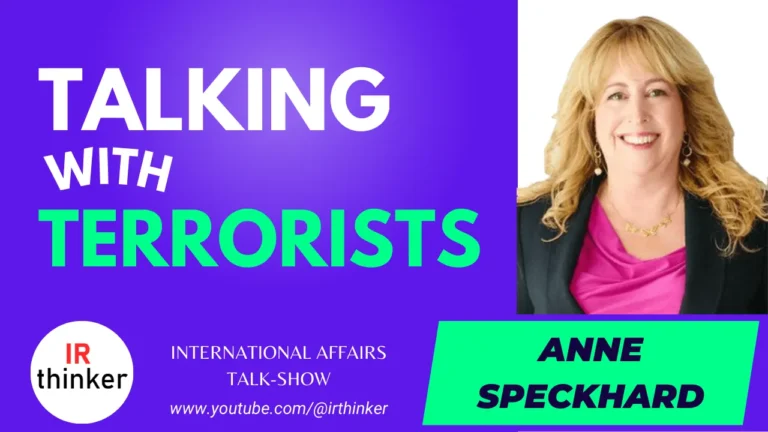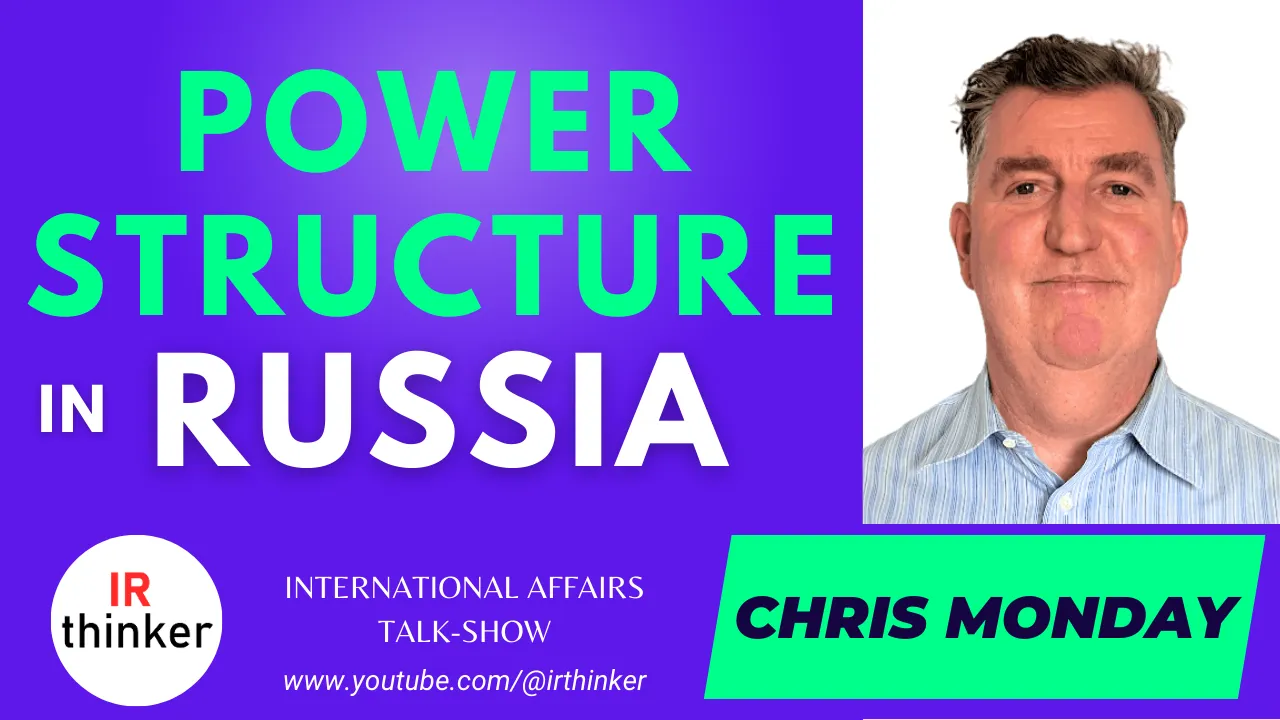
Join us for a captivating interview with Associate Professor Chris Monday as we delve deep into the intricacies of Russian power dynamics. In this thought-provoking discussion, we cover topics ranging from the Russian power hierarchy to Putin’s family’s role in governance. Explore the influence of organized crime families, dissect power struggles in the energy sector, and gain insights into foreign policy decision-making in Russia. Discover the impact of the Ukraine conflict on Russian power dynamics.
Content
Russian Power Structure Demystified
Conceptualizing Power in the Russian Context
Balancing Power: Moscow vs. the Regions
Russian Regions’ Influence and Potential Separation
Putin’s Family’s Role in Governance
Putin’s Contemplation of Czarist Parallels
Organized Crime Families and Their Grip on Power
Power Dynamics in the Energy Sector
Energy Titans vs. Government: Who Wields More Influence?
Power and Notoriety: A Complex Relationship
Foreign Policy Decision-Makers in Russia
The Power of the Russian People: Influence and Politics
Unravelling Russian Power: Research Methodologies
U.S. Support for Ukraine: Geopolitical Impacts
The Ukrainian War’s Ripple Effects on Russian Power
Chris Monday
Associate Professor, Chris Monday, is a faculty member in the Department of International Relations at Dongseo University, Busan, South Korea. His research focuses on Russia, North Korea and other post-communist societies. Chris lived in Russia from 1996 to 2004. He also served in the Peace Corps in Turkana, Kenya.
Chris published in Asian Survey, Russian History, Journal of Soviet and Post-Soviet Politics and Society, Russian Review, Ideology and Politics Journal, Belorusski sbornik, Communist and Post-Communist Studies, Voprosy statistiki, Korean Slavic Review and other journals.
Selected Publications:
After Putin, a Putina?
What’s Hiding in Putin’s Family History?
